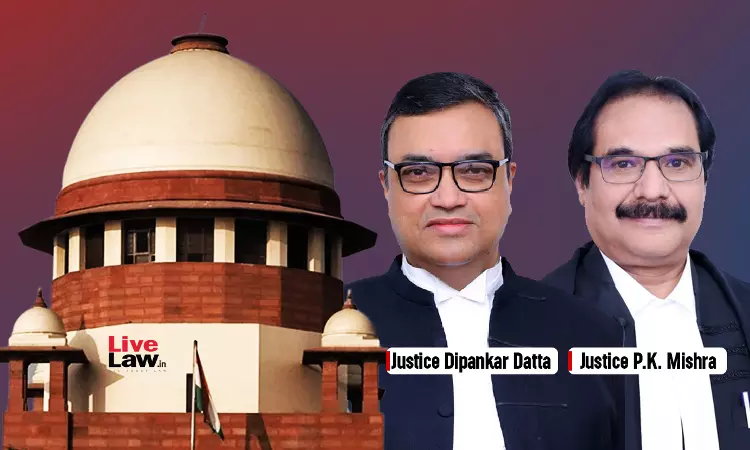In an important judgment, the Supreme Court has urged the High Court judges to ensure that if they are pronouncing only the operative part of the judgment by saying that reasons will follow, then they should endeavour to give the reasons within 2-5 days.The Court observed that if a judge feels that the reasons can't be given within 5 days due to work pressure, then it would be prudent to...

